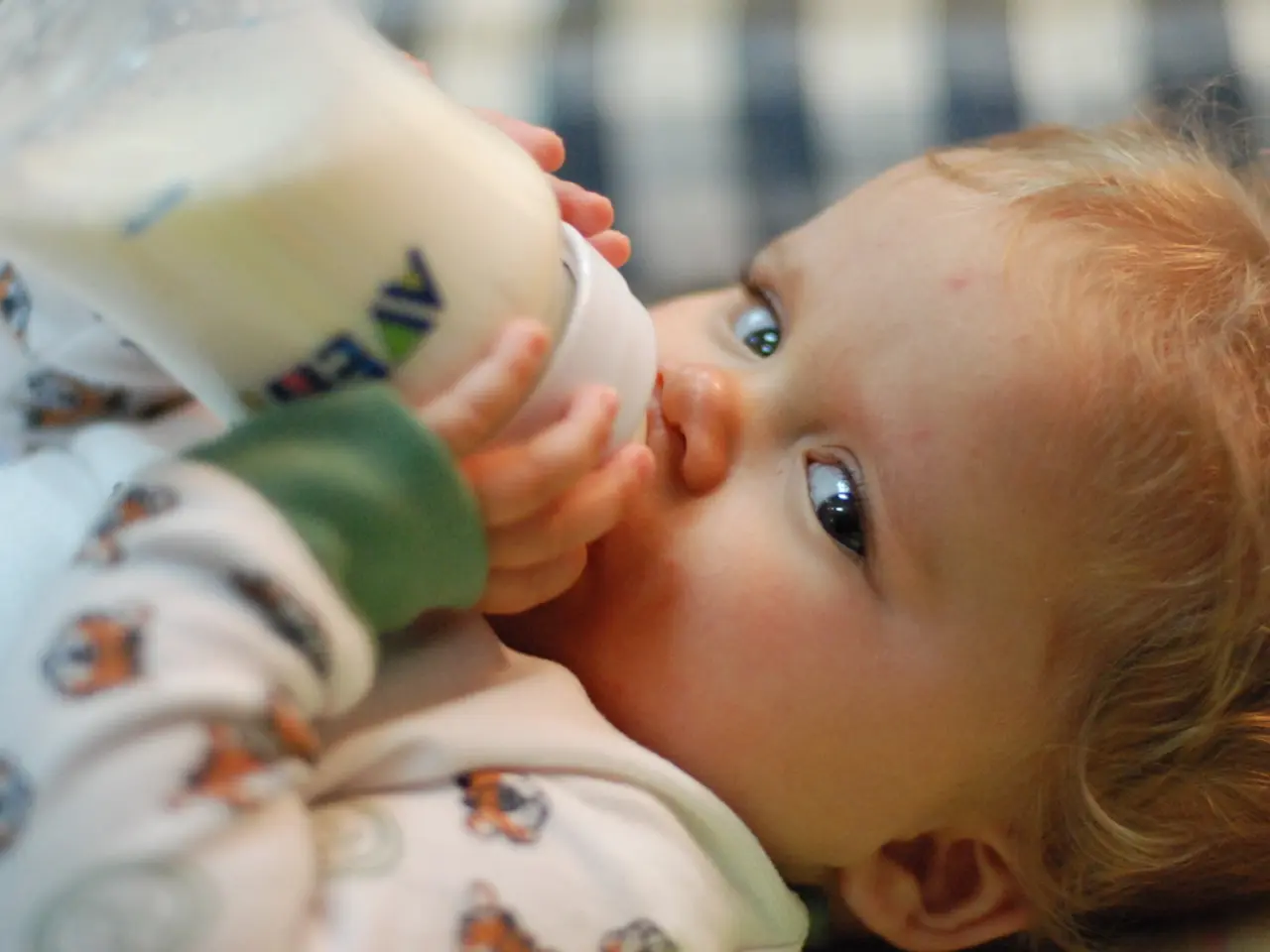Pregnancy Complications: Understanding Pica, Its Causes, Potential Issues, and Solutions
Article: Understanding and Managing Pica During Pregnancy
Pregnancy can bring about a host of changes, both physical and emotional. One such change that some women may experience is pica, a condition characterized by persistent cravings and consumption of non-food substances like ice, dirt, chalk, or paint.
What is Pica?
Pica during pregnancy is often caused by nutritional deficiencies such as iron deficiency anemia and zinc deficiency, although the exact cause is not well understood. This condition can lead to cravings for items like plastic or paint, which can be harmful due to their toxic properties.
Symptoms and Risks
Common symptoms of pica in pregnancy include cravings and consumption of non-nutritive items such as ice (pagophagia), dirt (geophagia), chalk, hair, paint, or stones. The behavior must persist for a month or longer to be diagnosed. Symptoms may also appear as digestive issues (constipation, abdominal pain), and in some cases, complications like lead poisoning can occur if toxic substances are ingested.
Pica can cause specific complications that are associated with the cravings, such as digestive tract injuries and internal bleeding. It is important to note that pica can lead to malnutrition due to issues with nutrition-absorption in the body.
Management and Treatment
Management and treatment of pica during pregnancy focus on several key areas. First and foremost, it is advisable to talk to your primary care physician if you experience pica. They can review your prenatal records and perform necessary tests to diagnose and correct any underlying nutritional deficiencies, especially iron and zinc supplementation.
Behavioral modification techniques, such as distracting yourself with activities like watching TV or doing something productive, can help unlearn cravings for non-food items. However, evidence on the effectiveness of these techniques is limited.
Monitoring and managing complications like digestive tract blockages or poisoning are also crucial. In some cases, surgery may be needed if there is obstruction.
Prevention and Support
Pregnant individuals exhibiting pica symptoms should receive medical evaluation and nutritional assessment promptly. It is important to inform your caregivers about the risks and ramifications of giving in to your pica cravings.
Keep your loved ones informed of the status of your condition and keep communicating as talking about it can help. It is important to have an open and honest conversation with your doctor about your pica cravings.
In addition, monitor your nutritional levels, vitamin and mineral counts, iron, zinc intake, and body's magnesium levels. Take supplements regularly if your levels are low.
Conclusion
Pica during pregnancy can pose serious risks to both mother and fetus. By understanding the causes, symptoms, and management of pica, pregnant women can take steps to protect their health and the health of their baby. If you are experiencing pica, it is advisable to seek help from your healthcare provider as soon as possible.
Parenting during pregnancy involves being aware of and addressing conditions like pica, as persistent cravings for non-food substances can pose risks to both the mother and the baby's health. Science can help in understanding the causes of pica, often linked to nutritional deficiencies like iron deficiency anemia and zinc deficiency, although more research is needed. Emphasis on mental health is crucial, as managing pica might require behavioral modification techniques and open communication with healthcare providers.




